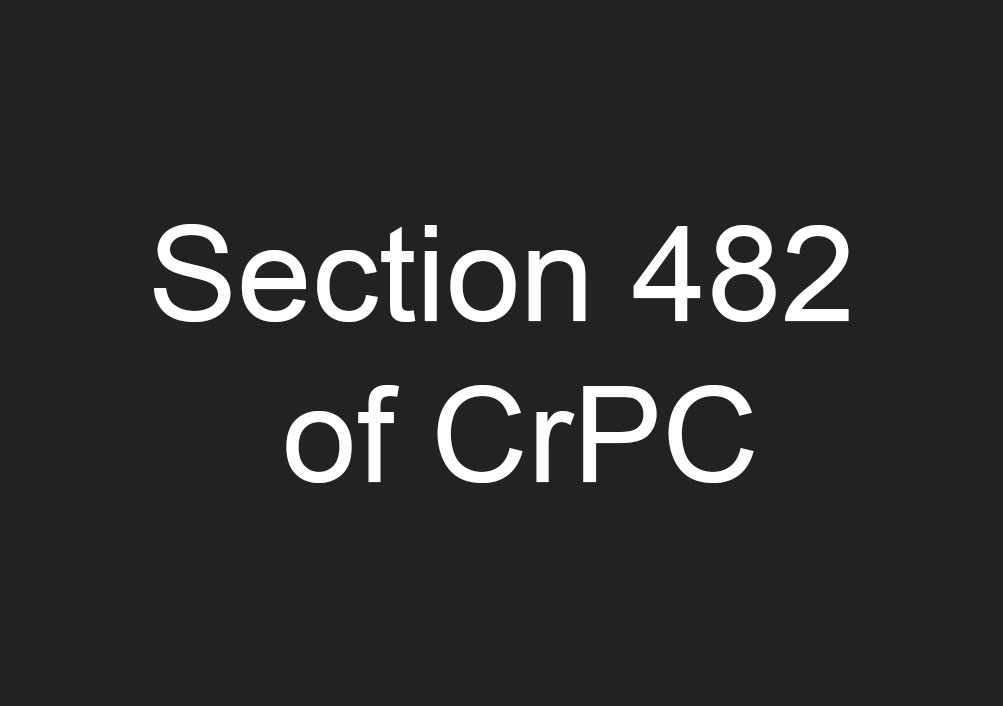Interim stay on arrest by way of oral directions u/s 482 CrPC, are liable to cause serious misgivings: Supreme Court

Read Order: Salimbhai Hamidbhai Menon vs. Niteshkumar Maganbhai Patel & Anr
Pankaj Bajpai
New Delhi, September 1, 2021: The Supreme Court has ruled that considerations germane to the exercise of the jurisdiction to quash an FIR must be present to the mind, while deciding whether an interim stay of arrest is warranted or not. What is present to the mind must emerge from the text of the order.
The Division Bench of Justice D.Y Chandrachud and Justice M.R. Shah observed that while an order granting a stay of arrest in a proceeding u/s 482 of the CrPC lies within the jurisdiction of the High Court, the grant of such relief must be after a judicious application of mind, which must emerge from the reasons which are recorded by the Judge.
While directing that the proceedings are to be listed on a future date, the High Court is undoubtedly not expected to deliver a detailed judgment elaborating upon reasons why a stay of arrest has been granted. But the reasons recorded by the Court must reflect an application of mind to relevant facts and circumstances, added the Bench.
The background of the case was that the accused had approached the Gujarat High Court by filing a petition u/s 482 of CrPC seeking quashing of an FIR lodged against him under sections 405, 420, 465, 467, 468 and 471 of IPC. When this petition was pending,the accused was arrested. When the proceedings were taken up, an oral direction was issued by the Single Judge restraining the arrest.
After considering the facts, the Division Bench opined that the procedure followed by the High Court of issuing an oral direction restraining the arrest of the first respondent was irregular.
If after hearing the parties on December 23,2020, the High Court was of the view that an opportunity should be granted to Counsel for the appellant and the first respondent to explore the possibility of a settlement and, on that ground, an interim protection against arrest ought to be granted, a specific judicial order to that effect was necessary, added the Bench.
The Apex Court made it clear that oral observations in court are in the course of a judicial discourse. The text of a written order is what is binding and enforceable. Issuing oral directions (presumably to the APP) restraining arrest, does not form a part of the judicial record and must be eschewed.
Absent a judicial order, the investigating officer would have no official record emanating from the High Court on the basis of which a stay of arrest is enforced. The administration of criminal justice is not a private matter between the complainant and the accused but implicates wider interests of the State in preserving law and order as well as a societal interest in the sanctity of the criminaljustice administration, added the Top Court.
The Apex Court further found that the Single Judge of the High Court had granted a stay of arrest “to strike” a balance between both the parties while observing that the investigation may proceed. However, how this would strike a balance between both the parties was unclear from the reasons which had been adduced.
Therefore, the Apex Court set aside the order of the High Court dated March 31,2021, and granted liberty to proceed with the petition u/s 482 of the CrPC which has been pending consideration.
Sign up for our weekly newsletter to stay up to date on our product, events featured blog, special offer and all of the exciting things that take place here at Legitquest.




Add a Comment